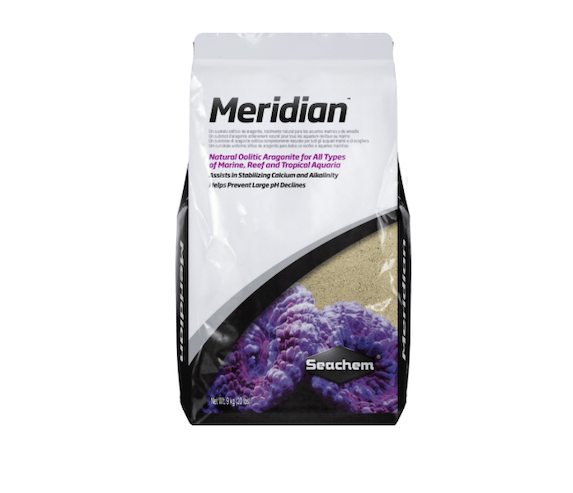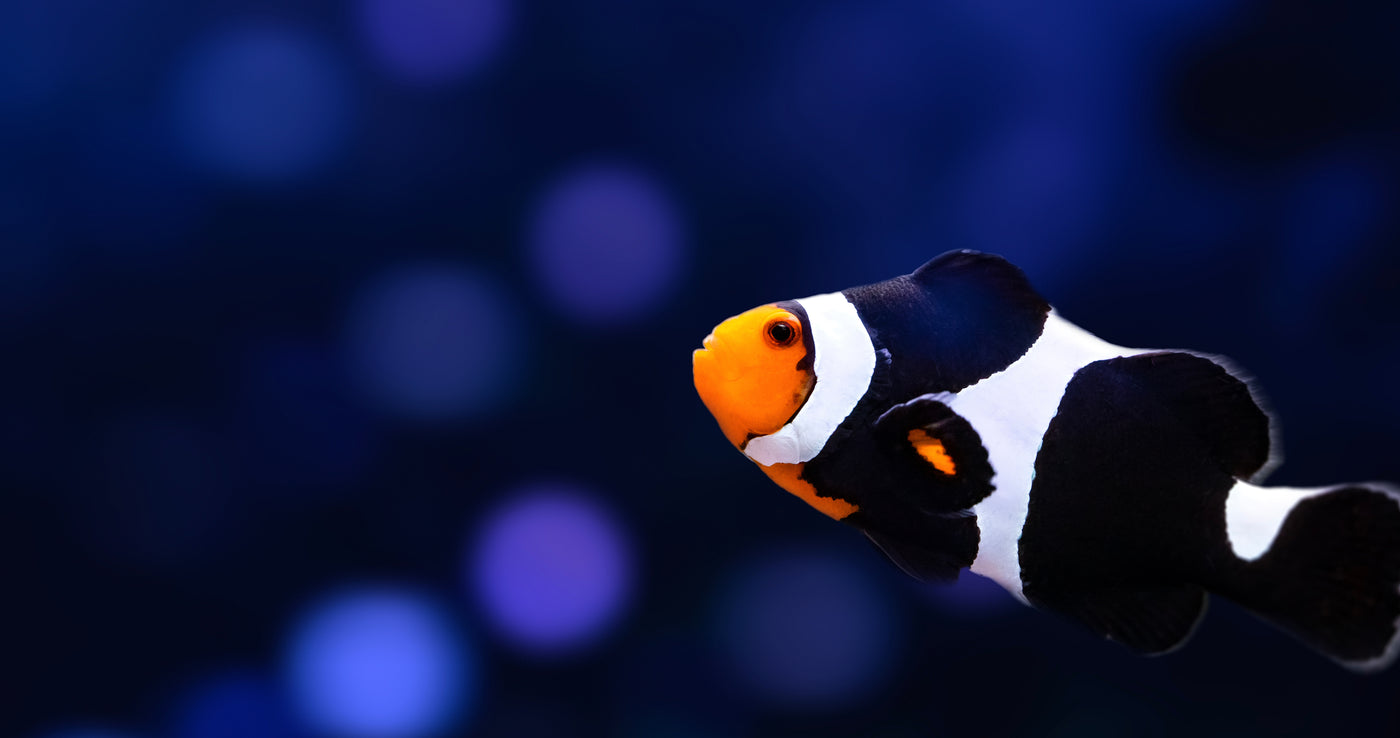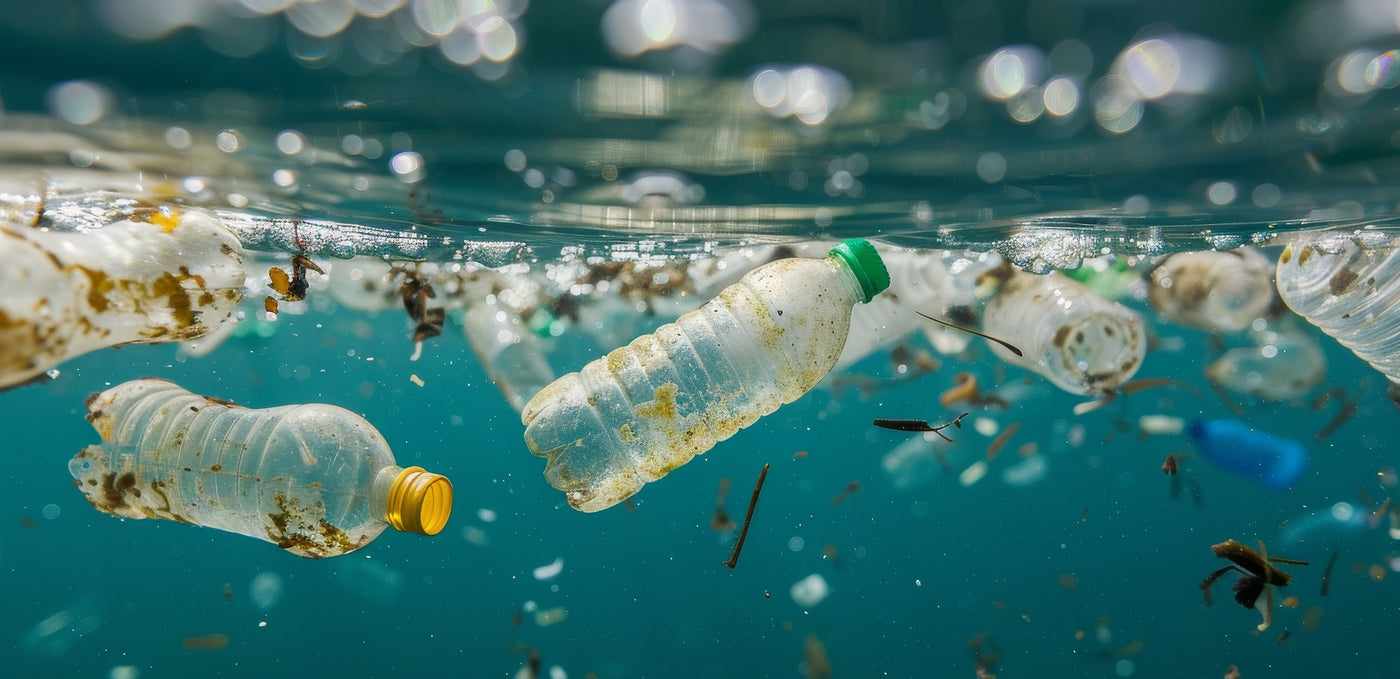Seachem Meridian Aragonite Sand
Seachem Meridian Aragonite Sand is backordered and will ship once an order is placed. Contact us for delivery timeframes.
Delivery and Shipping
Delivery and Shipping
Shipping Cost Guide:
Courier: $10-$50 Depending On Distance/Item
Saturday Delivery: $8.50
Rural Delivery Fee: $8.50
Shipping Available NZ Wide.
Returns Policy
Returns Policy
We accept hassle free returns within 5 days of purchase date, with the purchase reciept and in the same condition it was brought in. Livestock, Clearance Items, Aquariums or Special Order items are not returnable. All returns are at EMA's Descretion.
EMA's Promise.
Qualified, Honest Advice Using Techniques & Protocols that we use ourselves.
Description
Description
It’s grain size (a fairly uniform .25 – .50 mm) is ideally suited to reef inhabitants and it’s chemical composition will assist in stabilizing calcium and alkalinity while preventing large pH declines. Unlike competing “wet” products marketed under the guise of being “live”, Meridian™ is sold dry, thus you pay only for gravel and not for unneeded water. These products imply that they contain living, microscopic animals when in fact they only contain common bacteria. Dry or wet, there are bacteria on every substrate available. If one is concerned with shortening the tank cycle time for a new system, then the use of a product designed for that particular purpose would be more appropriate (such as Seachem’s Stability™).
DIRECTIONS: Simply rinse before use to remove any residual dust. To determine the number of bags required for your aquarium, please note that each bag (9 kg, 20 lbs) occupies a volume of 5,300 cm3 (320 cu. in.). To determine your desired volume multiply tank width by length by desired depth.
Why one use aragonite?
Aragonite is a naturally occurring, calcium carbonate mineral. It is precipitated from ocean surface waters mainly by organisms (e.g., coral) that use it to make their shells and skeletons. In recent years, aragonite has nearly eclipsed all other marine substrates. This is chiefly because of it superior buffering capacity. Aragonite becomes soluble at a pH of 8.2. At this pH, the release of calcium and carbonates into the aquarium causes an upward shift in pH. This occurs so slowly, however, that aragonite is less of a viable buffer and more of a safety net. With aragonite in the aquarium, one can be reasonably sure, that the pH of the system will never go below 7.7-7.9. Additionally, aragonite’s porous structure and size make it ideal for the propagation of denitrifying bacteria.
| Elemental Concentrations in Meridian™ units=ppm | |
Calcium |
347750 |
Iron |
44.2 |
Magnesium |
1845 |
Manganese |
2.6 |
Molybdenum |
2.35 |
Strontium |
8420 |
Vanadium |
8.1 |
Zinc |
4.75 |
Units=ppm, source: Plasma Emission Spectrometer, EPA Method 3050, University of Georgia Chemical Analysis Lab
Payment & Security
We offer a number of different payment methods, including Credit Card, Afterpay, Q Card, Pay at Collection, Bank Transfer and POLi.
Credit card payments are processed securely using the highest possible security protocols.







